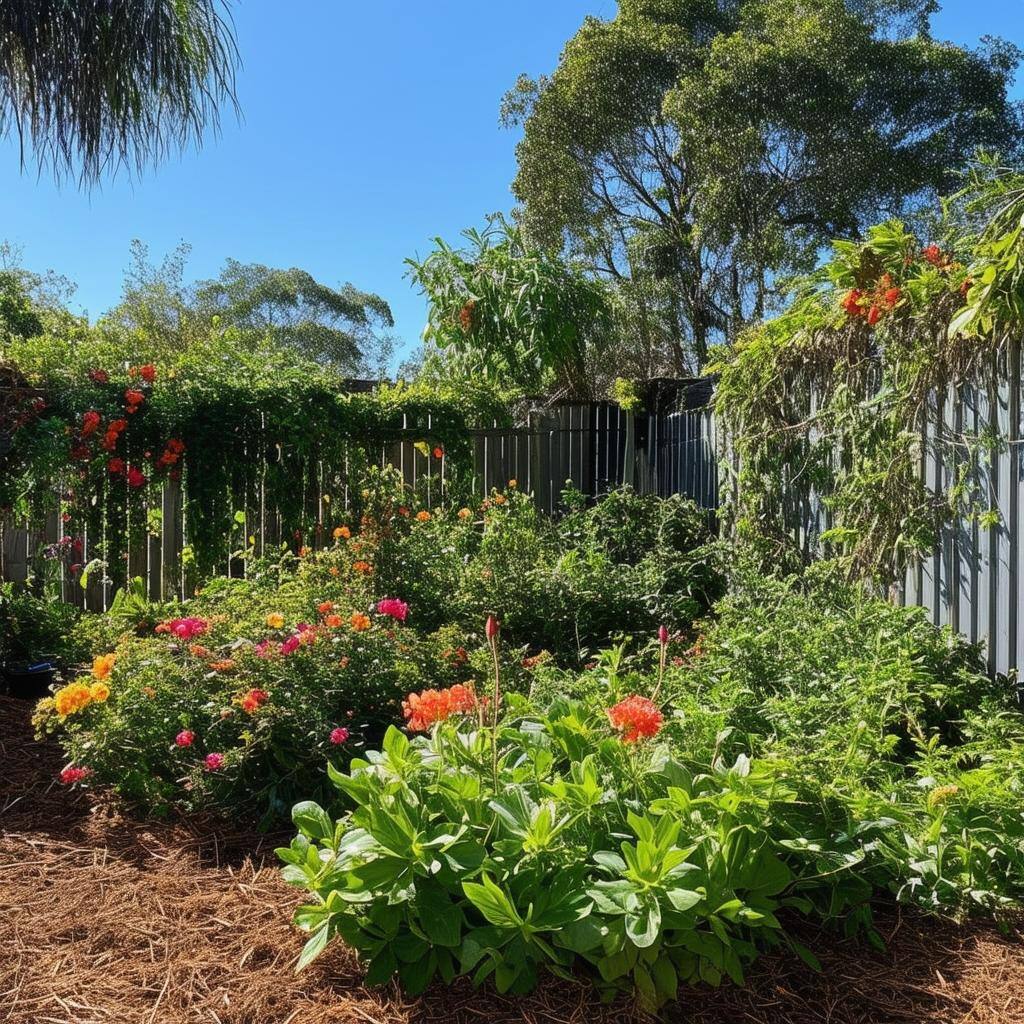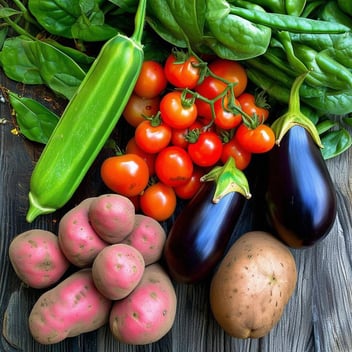Maximising Hybrid Vigour: Tips for SEQ’s Climate
Introduction
Hybrid vigour, or heterosis, refers to the phenomenon where hybrid offspring exhibit superior qualities compared to their parents, such as increased growth rate, yield, or resilience. In the context of South East Queensland's (SEQ) subtropical climate—characterised by hot, humid summers and mild, dry winters—leveraging hybrid vigour can significantly enhance garden productivity and sustainability.
Selecting Optimal Hybrid Varieties
To maximise hybrid vigour in SEQ, it's crucial to select plant varieties that are well-suited to the local climate. Opt for hybrids developed specifically for subtropical conditions, as they are more likely to thrive and exhibit enhanced performance. Consulting local nurseries or agricultural extensions can provide insights into the best choices for your area.
Soil Preparation and Fertility Management
Healthy soil is the foundation of vigorous plant growth. In SEQ, soils can vary, but many benefit from the incorporation of organic matter to improve structure and fertility. Adding compost or well-rotted manure enhances nutrient availability and supports beneficial microbial activity. Regular soil testing can guide appropriate fertiliser applications, ensuring plants receive balanced nutrition.
Watering Strategies for Hybrid Crops
Efficient water management is vital, especially given SEQ's variable rainfall patterns. Implementing drip irrigation systems delivers water directly to the root zone, minimising waste. Mulching around plants helps retain soil moisture and regulate temperature. It's advisable to water early in the morning to reduce evaporation losses and discourage disease development.
Pest and Disease Management
Employing integrated pest management (IPM) strategies can effectively control pests while minimising environmental impact. This includes monitoring pest populations, encouraging natural predators, and using organic control methods when necessary. Selecting hybrid varieties with built-in disease resistance adds an extra layer of protection, reducing reliance on chemical interventions.
Timing and Seasonal Considerations
Aligning planting schedules with SEQ's climatic patterns optimises growth conditions. For instance, planting heat-tolerant hybrids in early spring allows them to establish before the peak summer temperatures. Utilising microclimates within your garden, such as shaded areas or wind-protected spots, can also provide more favourable growing conditions for certain hybrids.
Monitoring and Maintenance
Regularly inspecting plants for signs of stress, nutrient deficiencies, or pest issues enables timely interventions. Maintaining a garden journal to record observations and actions can be a valuable tool for refining your cultivation practices over time. Adjusting care routines in response to changing weather patterns or plant needs ensures sustained hybrid vigour throughout the growing season.
By thoughtfully selecting and managing hybrid plants tailored to SEQ's unique climate, gardeners can harness the benefits of hybrid vigour, leading to more robust, productive, and resilient gardens.




